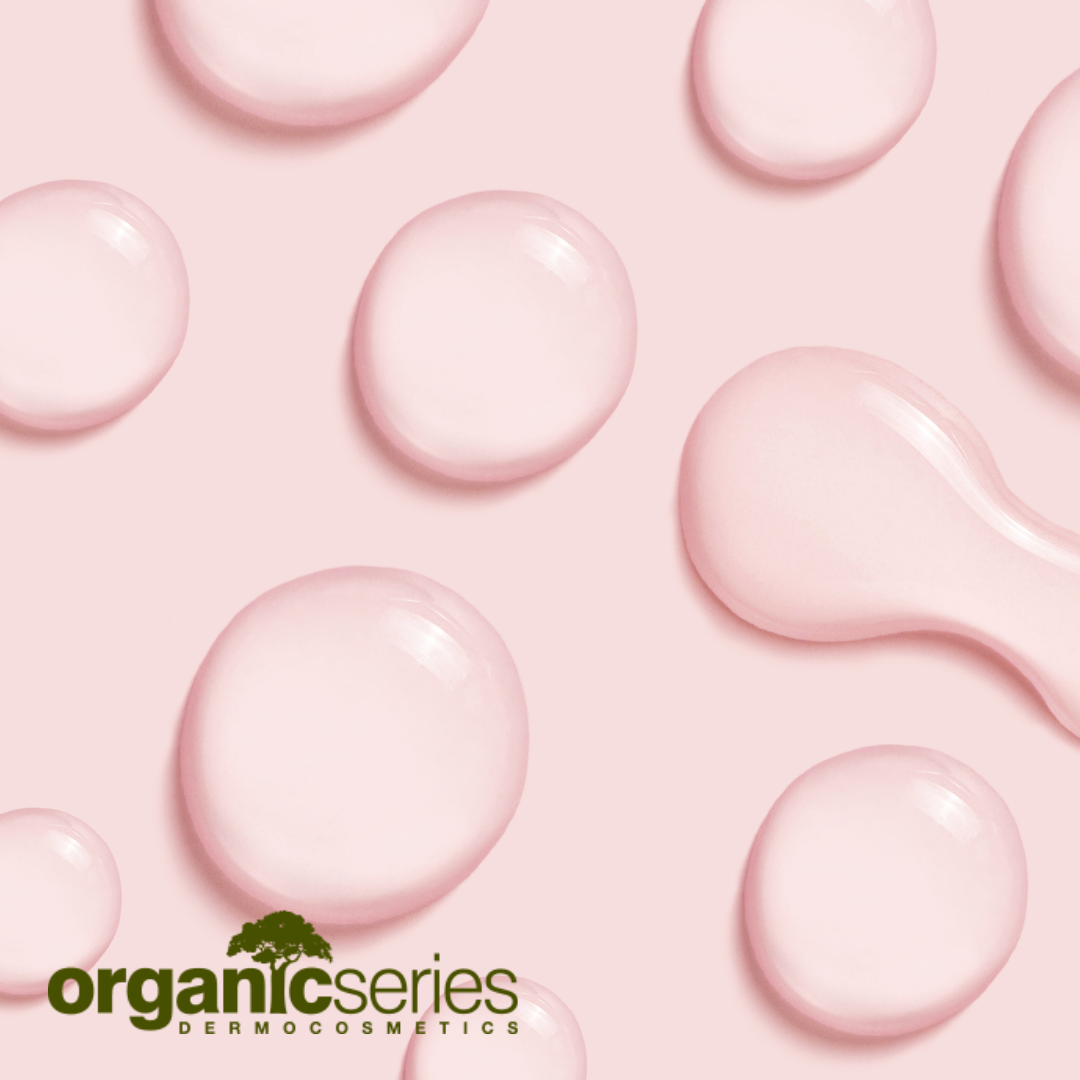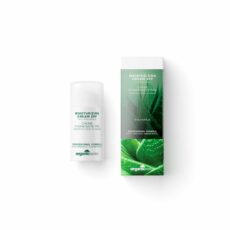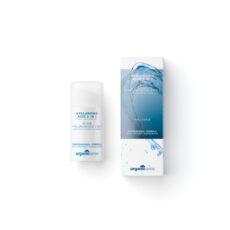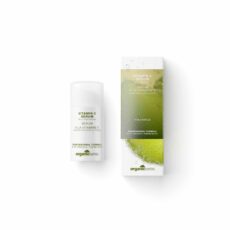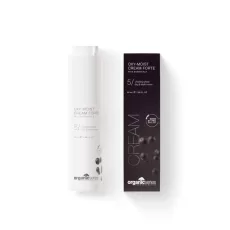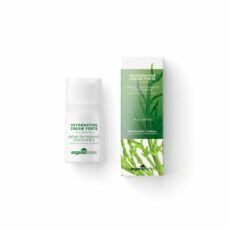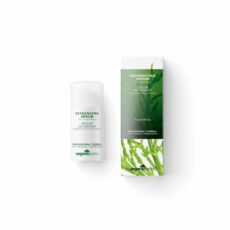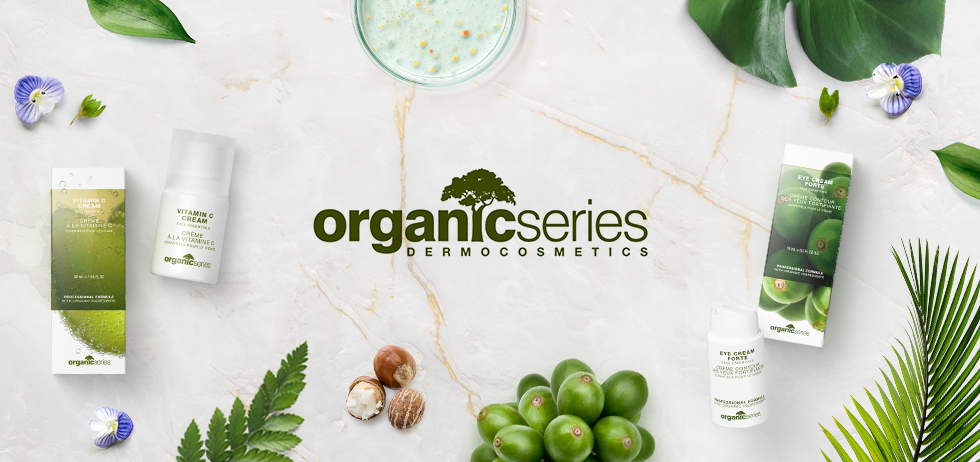Hyaluronic Acid
The wonders of hyaluronic acid! Hyaluronic Acid has become one of the most sought-after ingredients in the world of skincare, known for its remarkable hydrating properties and ability to enhance skin health. But there’s more to this ingredient than just its moisturizing prowess. Whether you’re new to Hyaluronic Acid or have been using it for years, here are 8 fascinating facts that will help you understand why it’s a cornerstone in modern skincare routines.
1. Hyaluronic Acid Can Hold 1,000 Times Its Weight in Water
One of the most astonishing attributes of Hyaluronic Acid is its incredible ability to retain moisture. This molecule can hold up to 1,000 times its own weight in water, which is a quality that has earned it a revered place in the skincare world. The capacity to bind water molecules makes Hyaluronic Acid one of the most effective hydrating agents available. This means that when applied to the skin, it can attract and retain moisture from both the surrounding environment and deeper layers of your skin. As a result, it delivers hydration directly where it is needed the most, leaving your skin feeling plump, soft, and supple for hours.
What’s even more fascinating is that this hydrating ability makes Hyaluronic Acid a crucial ingredient for tackling issues like skin dehydration, fine lines, and overall dullness. By keeping your skin hydrated, Hyaluronic Acid helps maintain the skin’s natural moisture balance, preventing dry patches and flaky areas. Even in dry or air-conditioned environments where moisture is scarce, Hyaluronic Acid continues to pull moisture into the skin, ensuring that it remains healthy and radiant throughout the day.
2. It Occurs Naturally in the Skin
Although it’s a star ingredient in many skincare products, Hyaluronic Acid isn’t a synthetic substance; it actually exists naturally in our skin, connective tissues, and even eyes. In fact, about half of the body’s Hyaluronic Acid is found in the skin, where it plays an essential role in maintaining hydration and elasticity. The presence of Hyaluronic Acid in the skin allows it to stay moisturized, healthy, and resilient. However, as we age, the body’s natural production of Hyaluronic Acid begins to slow down.
By the time we reach our 30s and 40s, this decrease in Hyaluronic Acid can lead to visible signs of aging, such as dryness, fine lines, and sagging. The good news is that incorporating Hyaluronic Acid into your skincare routine can help replenish this natural moisture barrier. By using products enriched with Hyaluronic Acid, you’re essentially giving your skin a hydration boost, restoring what it has lost over time. This replenishment not only helps to moisturize but also fortifies the skin’s structural integrity, ensuring a smooth and youthful complexion for longer.
3. It’s Suitable for All Skin Types
One of the most significant advantages of Hyaluronic Acid is that it’s versatile and compatible with all skin types, making it a universal favorite in skincare. Whether you have dry, oily, sensitive, or combination skin, Hyaluronic Acid works wonders in providing hydration without causing irritation or breakouts. For individuals with dry skin, it acts as a powerful moisturizer, infusing the skin with much-needed hydration that relieves tightness and flakiness. At the same time, those with oily or acne-prone skin benefit from its lightweight, non-comedogenic properties. Unlike heavier creams or oils that can clog pores and contribute to breakouts, Hyaluronic Acid provides moisture without any greasy residue, making it ideal for oily skin types that still need hydration.
Sensitive skin types, prone to irritation from harsher ingredients, also find solace in Hyaluronic Acid due to its soothing and calming nature. Additionally, since it’s naturally found in the body, the risk of allergic reactions or sensitivities is minimal, making it a safe option for almost everyone. This universal compatibility makes Hyaluronic Acid an essential component of any skincare routine, regardless of skin type or concerns.
4. It Enhances the Skin’s Barrier Function
Beyond providing surface-level hydration, Hyaluronic Acid plays a crucial role in fortifying the skin’s natural barrier. The skin barrier, which is the outermost layer of the skin, acts as a shield against harmful environmental aggressors like pollution, UV rays, and bacteria. A compromised skin barrier can lead to a host of skin issues, including dryness, irritation, inflammation, and sensitivity. Over time, this damage can result in premature aging, leaving the skin vulnerable to wrinkles, sagging, and uneven tone. Hyaluronic Acid helps to reinforce this barrier by promoting moisture retention and preventing water loss, which is essential for maintaining skin health. When the skin is well-hydrated, the barrier is stronger and more resilient, allowing it to effectively protect against external damage.
Moreover, Hyaluronic Acid creates a protective film on the skin’s surface, sealing in moisture while blocking out pollutants and irritants. This barrier support is vital for keeping the skin balanced and healthy, reducing the likelihood of redness, irritation, and sensitivity. With Hyaluronic Acid in your routine, your skin becomes better equipped to defend itself against daily environmental stressors.
5. Hyaluronic Acid Reduces the Appearance of Fine Lines and Wrinkles
One of the most well-known benefits of Hyaluronic Acid is its ability to diminish the appearance of fine lines and wrinkles. As we age, our skin loses elasticity and moisture, which contributes to the formation of wrinkles and sagging. Hyaluronic Acid steps in to address these concerns by plumping up the skin and filling in the spaces between collagen and elastin fibers. When applied topically, Hyaluronic Acid draws moisture into the skin, making it appear fuller, smoother, and more youthful. This plumping effect helps to temporarily smooth out the fine lines and wrinkles, particularly around areas prone to movement, such as the forehead, mouth, and eyes.
Over time, consistent use of Hyaluronic Acid can lead to a visible reduction in the depth and severity of wrinkles, giving the skin a firmer and more rejuvenated appearance. Additionally, the hydration boost provided by Hyaluronic Acid keeps the skin supple and soft, further minimizing the look of age-related concerns. Whether you’re starting to see the first signs of aging or dealing with more established wrinkles, Hyaluronic Acid is a powerful tool in the fight against skin aging.
6. It Can Be Found in a Variety of Skincare Products
Thanks to its versatility, Hyaluronic Acid can be found in virtually every type of skincare product, from serums and moisturizers to cleansers and masks. Its widespread use is a testament to how beneficial it is for the skin. Whether you’re looking for a quick hydrating boost in the form of a serum or a deeply nourishing treatment in a rich cream, Hyaluronic Acid can be incorporated seamlessly into any skincare routine. Serums are perhaps the most popular vehicle for Hyaluronic Acid because they deliver a concentrated dose of hydration that absorbs quickly and penetrates deeply.
Moisturizers containing Hyaluronic Acid work to lock in that hydration, creating a protective layer that keeps moisture from evaporating throughout the day. Even in cleansers and masks, Hyaluronic Acid ensures that your skin is never stripped of its natural moisture, providing a gentle yet effective cleansing or treatment experience. Its adaptability means you can layer Hyaluronic Acid with other ingredients, making it a staple for anyone seeking a comprehensive approach to skin hydration and care.
7. Hyaluronic Acid Supports Wound Healing
An often-overlooked benefit of Hyaluronic Acid is its role in wound healing and tissue regeneration. When the skin is damaged, whether from acne, cuts, or environmental stress, Hyaluronic Acid steps in to help accelerate the healing process. It does this by promoting the production of new skin cells and regulating inflammation levels, which can prevent scarring and promote faster recovery. Additionally, Hyaluronic Acid encourages the formation of new blood vessels in damaged areas, supplying the skin with the oxygen and nutrients it needs to repair itself.
For individuals dealing with acne scars, sun damage, or even surgical scars, Hyaluronic Acid can significantly improve the healing process while keeping the skin hydrated and smooth. Its anti-inflammatory properties also mean that it can help soothe irritated or inflamed skin, making it a valuable ingredient for those with sensitive or acne-prone skin. By incorporating Hyaluronic Acid into your post-injury skincare routine, you’re giving your skin the tools it needs to heal faster and more effectively.
8. It Boosts the Effects of Other Skincare Ingredients
One of the lesser-known but highly valuable traits of Hyaluronic Acid is its ability to amplify the effectiveness of other skincare ingredients. When used in combination with active ingredients like Vitamin C, retinol, or peptides, Hyaluronic Acid helps these ingredients penetrate deeper into the skin, maximizing their benefits. For example, combining Hyaluronic Acid with Vitamin C enhances both hydration and brightening effects, leaving the skin more radiant and evenly toned.
With retinol, Hyaluronic Acid helps counteract any potential drying effects, keeping the skin balanced and hydrated even while retinol works to improve texture and reduce wrinkles. This synergistic effect makes Hyaluronic Acid a key player in multi-step skincare routines, ensuring that you get the most out of every product you use. By incorporating Hyaluronic Acid into your routine, you’re not only improving your skin’s hydration but also enhancing the overall efficacy of your skincare regimen.
Conclusion
Hyaluronic Acid is a game-changing ingredient in the world of skincare, offering a wide array of benefits that go beyond simple hydration. From its impressive moisture-retention capacity to its ability to support wound healing and amplify the effects of other skincare products, Hyaluronic Acid is a must-have for anyone looking to achieve healthy, glowing skin. Whether you’re dealing with dryness, aging, or acne scars, this versatile ingredient provides the hydration and support your skin needs to look and feel its best.
Expert recommendation
Organic Series Hyaluronic Acid
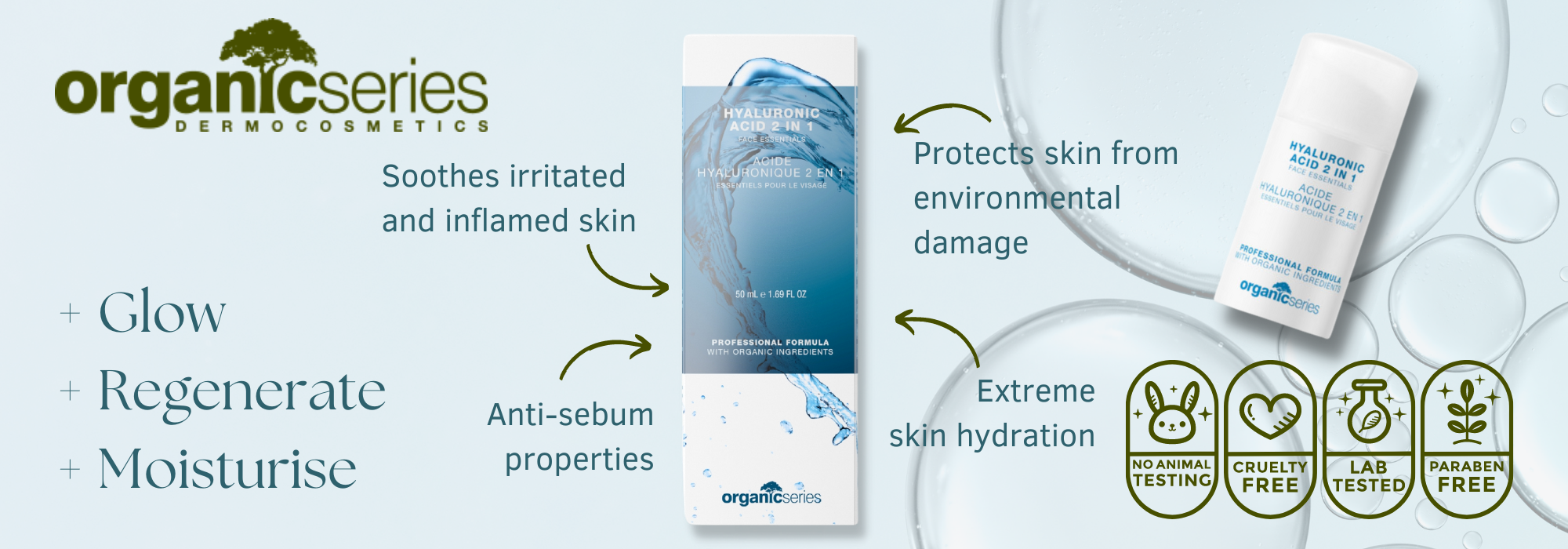
Benefits
- Enriched with rich antioxidants that provide effective protection to the skin from environmental damage.
- Has a light and gentle formula that gets quickly absorbed into the skin and keeps the skin nourished and hydrated for a long time.
- Soothes irritated and inflamed skin.
- Provides healing to the skin’s outer layer that seals it from further drying and damage whilst also improving its appearance.
- Has anti-sebum properties that aid in reducing extreme greasiness and reduce the appearance of oil on the skin.
How to use
Cleanse your face thoroughly with a mild face wash. After cleansing it, put a couple of hyaluronic acid on a cotton pad or the palm of your hands. Apply it on your face while the skin is still damp. Don’t miss on the Organic Series Moisturiser immediately afterward to seal in the hydration.
Expert tips
To intensify the effect of 2in1 hyaluronic acid, combine it in evening care with any Organic Series serum. Thanks to this, in addition to anti-aging and strongly regenerating effects, you will provide your skin with other valuable active ingredients.
Active ingredients
- Low and high molecular weight Hyaluronic Acid – retains large amounts of water in the epidermis, moisturises, has anti-aging, firming, regenerating effects.
Ingredients
Aqua, Sodium hyaluronate, Benzyl Alcohol, Dehydroacetic Acid.
Hazards and Cautions
Store in a dry, dark and cool place. Keep out of reach of children
More inspiration
Follow Organic Series UK on instagram and facebook
Frequently asked questions
Can I use hyaluronic acid instead of cream? – Hyaluronic acid is not a stand-alone cosmetic, it is not interchangeable with cream. Hyaluronic acid should be applied to the face and neck before applying the cream, during daily care. Using our Organic Hyaluronic Acid will strengthen the effects of the cream.
Why can hyaluronic acid roll over under makeup? – Hyaluronic acid, due to its formula – hydrogel leaves a thin layer of the product on the skin. Due to the subsequent friction resulting from the application of the foundation, the hyaluronic acid can be rolled up. To avoid this, after using our Organic Hyaluronic Acid you should spray the skin with a micronized booster face mist before applying the cream.
Is hyaluronic acid good for hair? How to apply hyaluronic acid to hair? – Hyaluronic acid can be very beneficial for your hair as well – it works perfectly to bind the moisture inside the hair structure. To achieve best results you need to apply our Organic Hyaluronic Acid to damp hair and then use a Leave-In Hair Conditioner to lock in the moisture.
Is hyaluronic acid safe during pregnancy? Can you use hyaluronic acid when pregnant? – Yes, hyaluronic acid is perfectly safe to use when pregnant and during breastfeeding. Our Organic Hyaluronic Acid is very popular among pregnant women and they absolutely love the glow that it gives their skin!
Can you use hyaluronic acid with vitamin c? – Yes, it’s a very good combination to use hyaluronic acid with vitamin C. They work in synergy to provide your skin with moisture and radiance. It’s a great idea to use our Organic Hyaluronic Acid before applying our Organic Vitamin C Cream.
Is hyaluronic acid good for acne? – Hyaluronic Acid itself will not be able to fight acne but it is extremely beneficial to include it in your acne skincare routine to make sure that your skin remains perfectly hydrated throughout the acne treatment which can sometimes be a bit drying for the skin. It can bring great results to use our Organic Hyaluronic Acid before applying the Organic Acne Cream.
Glow Organic Skincare By Organic Series
-
Face Moisturiser with Sunscreen SPF20 | Moisturising Cream SPF20 By Organic Series | 15ml, 50ml, 200ml
From £ 12.00Rated 4.89 out of 509 reviews -
Organic Hyaluronic Acid 2-in-1 | By Organic Series | 50ml, 200ml
From £ 52.00Rated 5.00 out of 503 reviews -
Organic Vitamin C Serum 10% | By Organic Series | 15 ml, 50 ml, 200 ml
From £ 12.00Rated 5.00 out of 505 reviews -

Maria
Cosmetic Chemist
Maria
All Author Posts
